Western journalists lose objectivity by focusing on trivialities
Updated: 2016-09-09 07:56
By Chen Weihua(China Daily)
|
||||||||
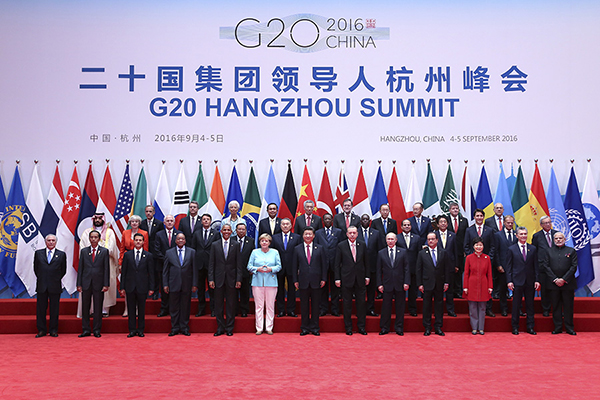 |
|
Chinese President Xi Jinping and other leaders of the Group of 20 (G20) members, some guest countries and international organizations pose for a group photo ahead of the opening ceremony of the G20 summit in Hangzhou, capital of East China's Zhejiang province, Sept 4, 2016.[Photo/Xinhua] |
For some Western journalists covering the G20 Summit in Hangzhou, East China's Zhejiang province, early this week, the biggest story was the US President Barack Obama's staircase episode at Hangzhou airport or about the few reporters who could not get close to Obama to get on-the-spot comments.
Although Obama told the news media not to "over-crank" the significance of the issue, for days, some mainstream US media outlets have been speculating that the Chinese must have "plotted" the episode to humiliate Obama.
It reminded one of some major US media outlets' reports in November 2009 saying Obama had not been treated well by the Chinese during his first visit there. White House officials strongly disagreed. Jeffrey Bader, then senior advisor for Asia in the White House National Security Council who had accompanied Obama on the trip, said the media outlets did not correctly characterize the visit.
Some Western media organizations' obsession with the staircase episode shows how they are easily distracted by minor events and thus fail to focus on the main issues.
In Hangzhou, some Western reporters spent far more time writing and dramatizing the staircase story than covering important global challenges such as a slowing world economy, climate change, poverty, trade protectionism and international governance, issues that world leaders had assembled to resolve and issues that journalists should have delved deep into if they were in Hangzhou to cover the G20 Summit, and not to act like paparazzi.
People watching US TV this past year got just one piece of news-the 2016 US presidential election. The news media seem to have decided that that is the only thing Americans need to know and care about at least until the election on Nov 8.
- Six policy signals China sent at G20 Summit
- China endows G20 with long-term vision: Argentine experts
- Brazil's finance minister hails successful presence at G20
- G20 Summit charts course for world growth: State Councilor
- Five words conclude G20 consensus
- G20 plays to Times Square
- G20 in China, a new launchpad for global economy
- British parliament to debate second Brexit referendum petition
- Chinese women find their way through the glass ceiling
- Rousseff leaves presidential residence in salutation
- Thousands of Chinese rally in Paris to call for 'security for all'
- Xi tells Park China opposes deployment of THAAD in ROK
- Singapore confirms 27 new cases of Zika infection
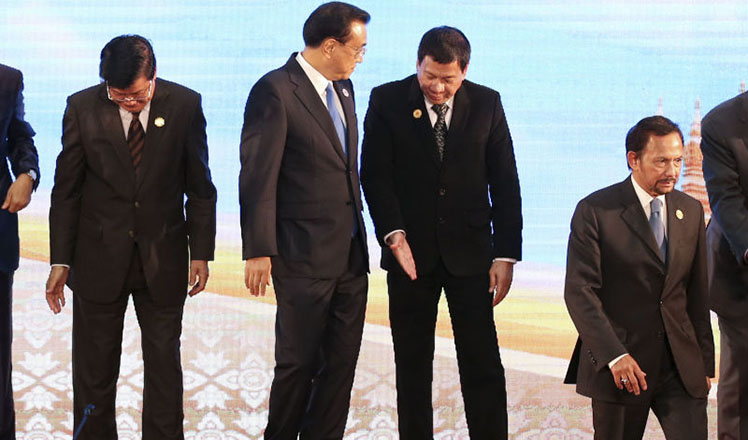
 Unforgettable moments of Premier Li at ASEAN meeting
Unforgettable moments of Premier Li at ASEAN meeting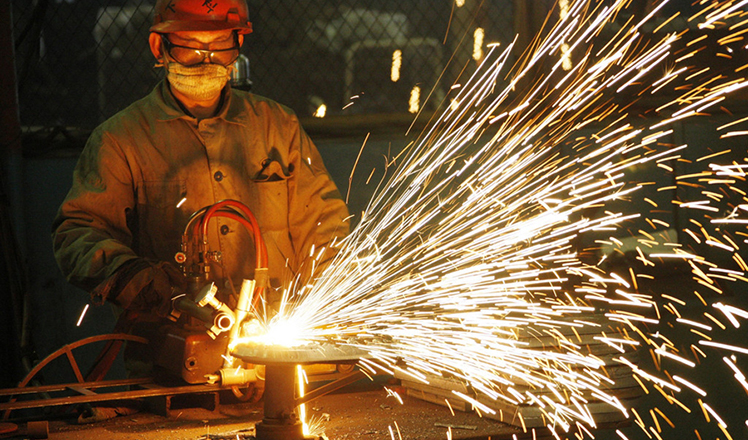
 Six policy signals China sent at G20 Summit
Six policy signals China sent at G20 Summit
 'First Lady table ware' a hit in Hangzhou
'First Lady table ware' a hit in Hangzhou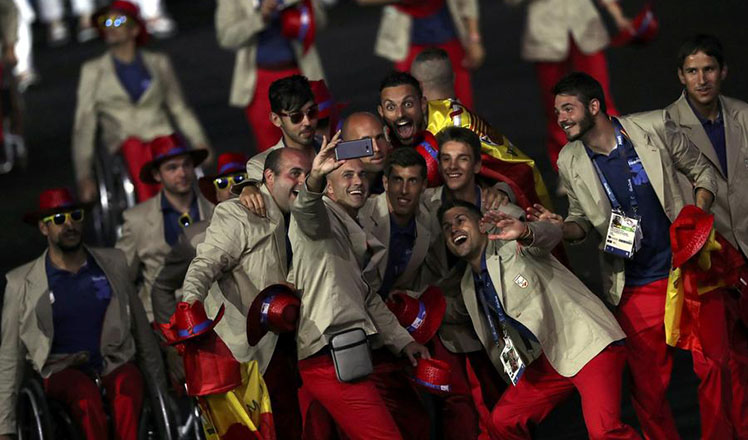
 Paralympics opens in Rio
Paralympics opens in Rio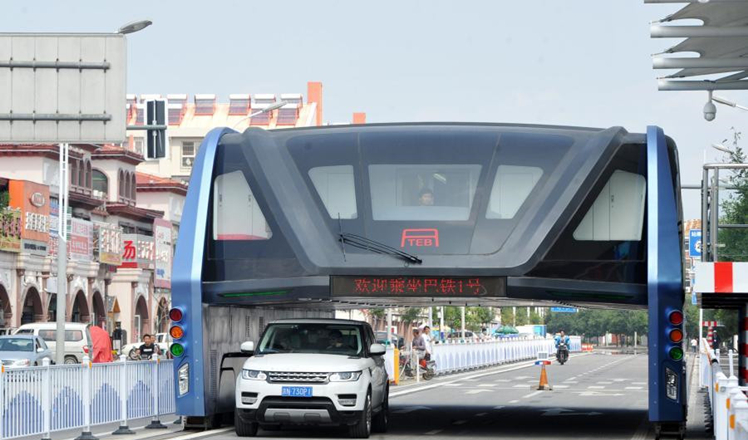
 Street-straddling bus continues tests
Street-straddling bus continues tests
 British man falls for ancient Jiangxi village, buys property
British man falls for ancient Jiangxi village, buys property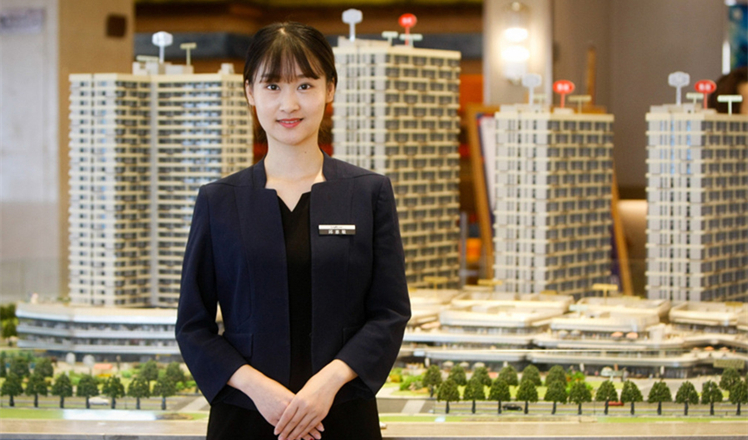
 Post-90s property beauty's daily life
Post-90s property beauty's daily life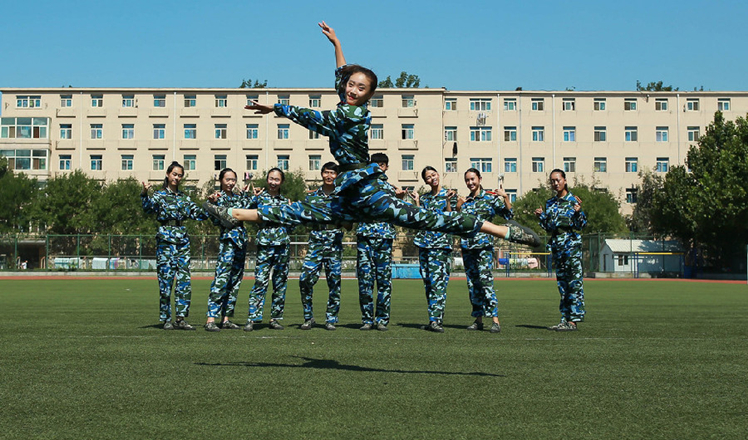
 Freshmen show dance skills during military training
Freshmen show dance skills during military training
Most Viewed
Editor's Picks

|

|

|

|

|

|
Today's Top News
Trump outlines anti-terror plan, proposing extreme vetting for immigrants
Phelps puts spotlight on cupping
US launches airstrikes against IS targets in Libya's Sirte
Ministry slams US-Korean THAAD deployment
Two police officers shot at protest in Dallas
Abe's blame game reveals his policies failing to get results
Ending wildlife trafficking must be policy priority in Asia
Effects of supply-side reform take time to be seen
US Weekly

|

|









